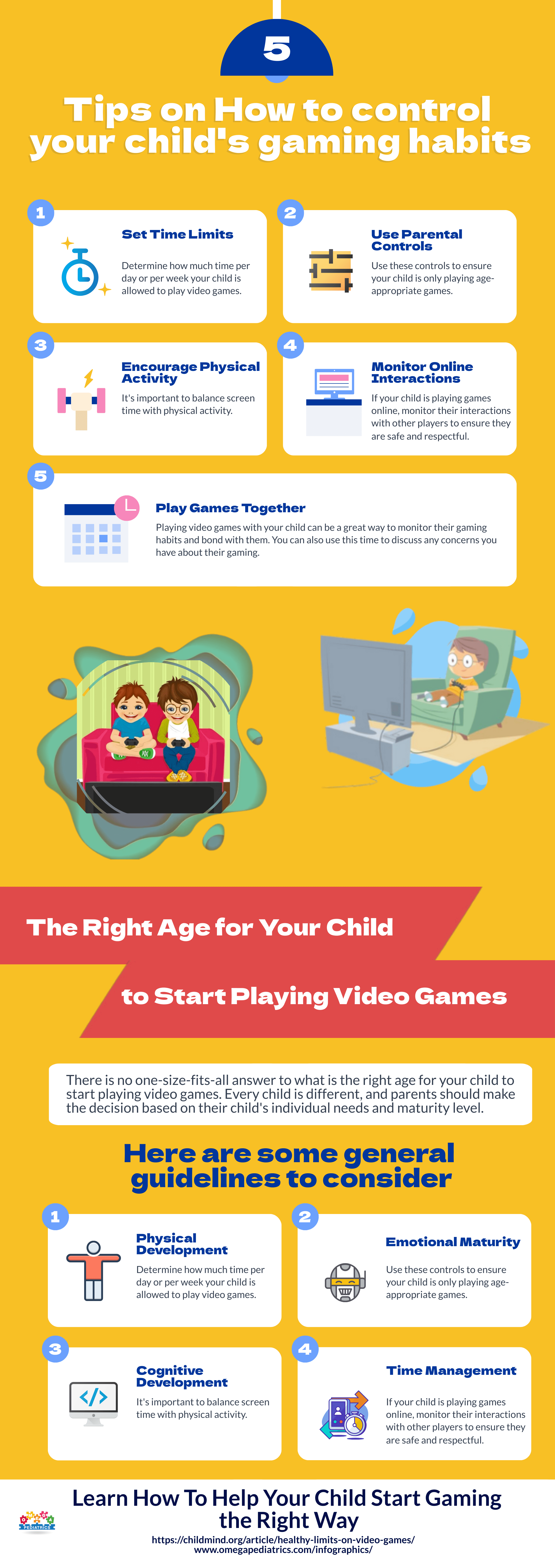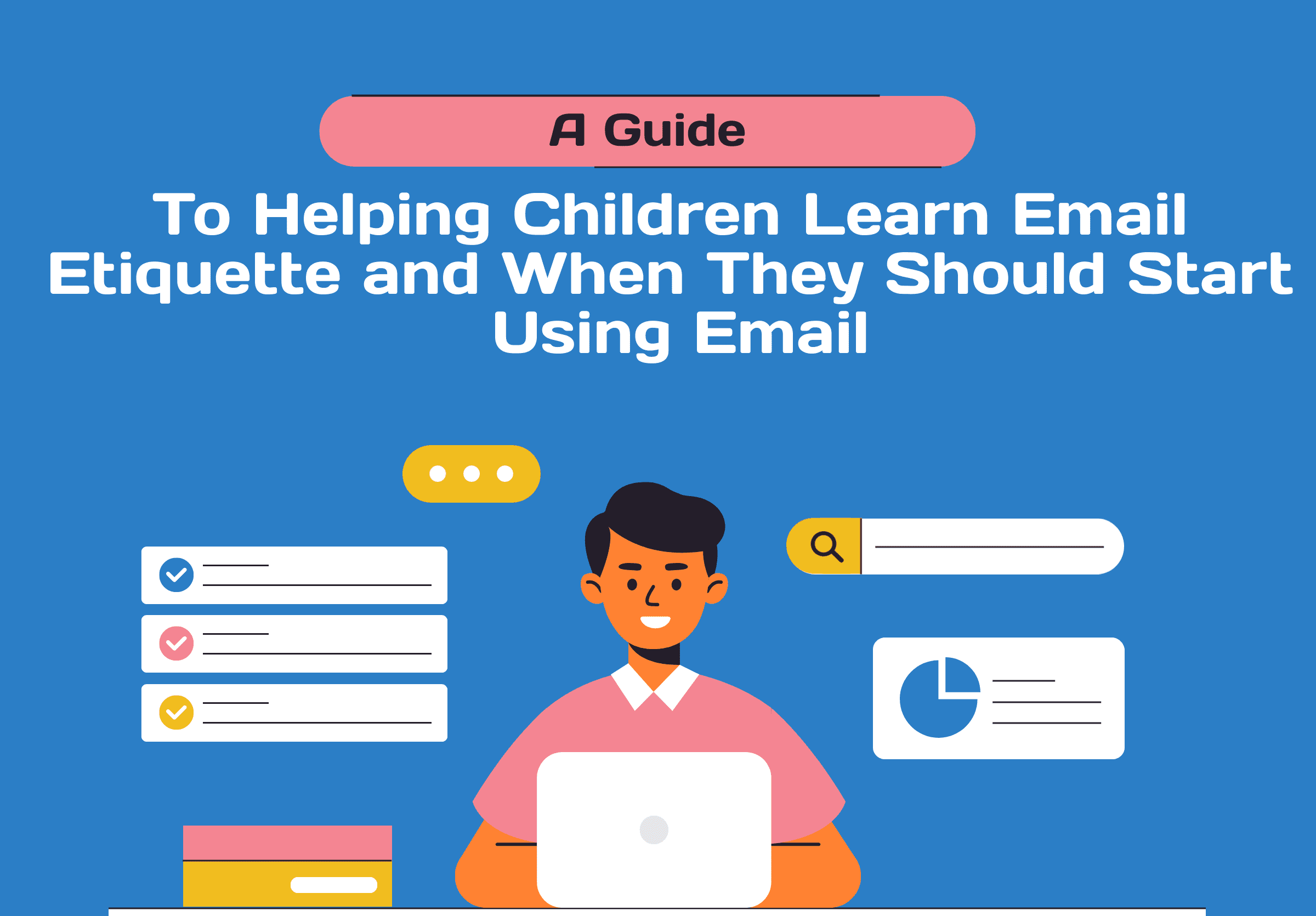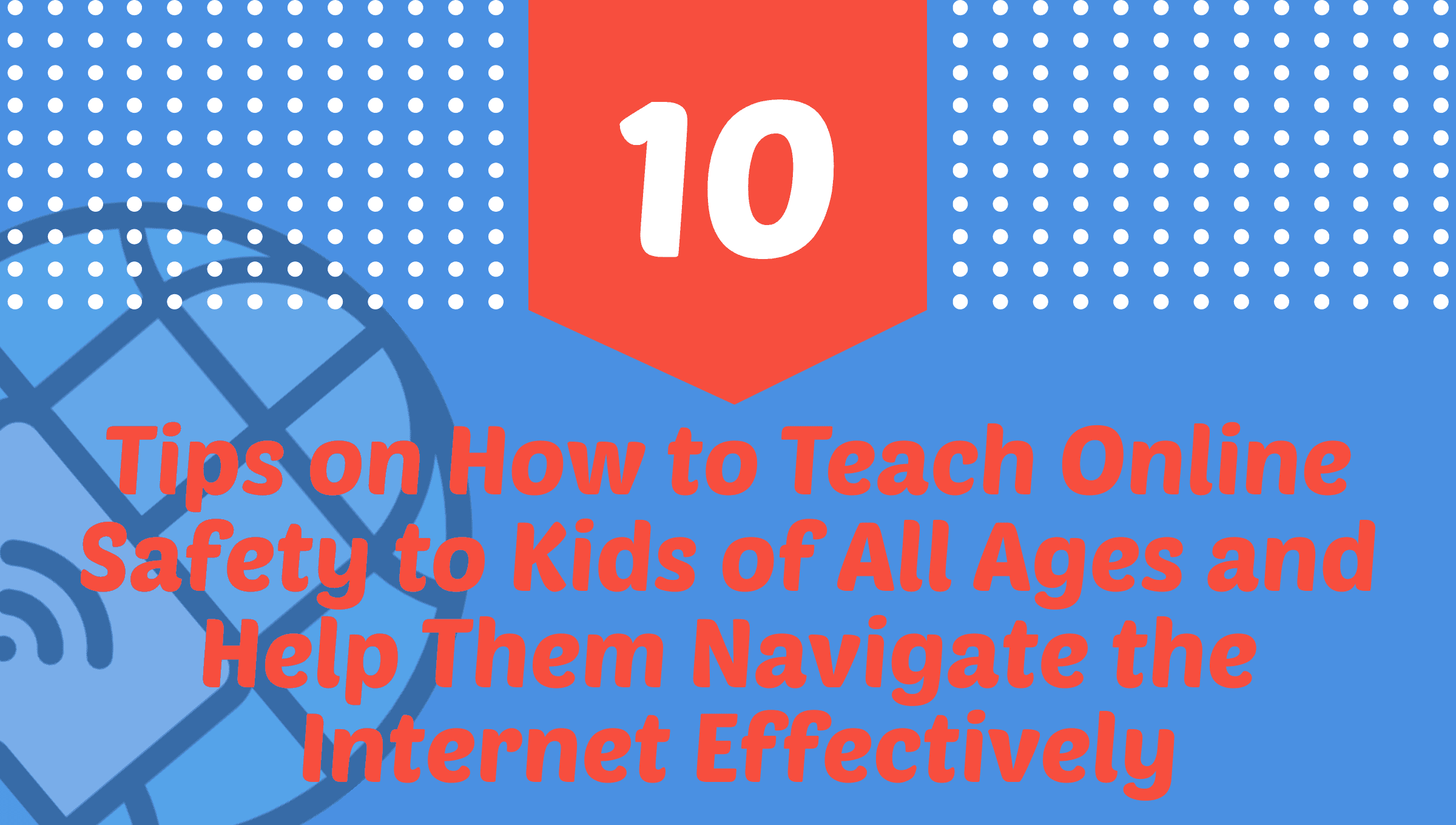
To control your child’s gaming habits, it’s important to set boundaries and have open communication with your child. Here are some tips to help:
- Set Time Limits: Determine how much time per day or per week your child is allowed to play video games. Be firm and consistent in enforcing these limits.
- Use Parental Controls: Many video game consoles and devices have parental controls that allow you to restrict access to certain games, features, or online content. Use these controls to ensure your child is only playing age-appropriate games.
- Encourage Physical Activity: It’s important to balance screen time with physical activity. Encourage your child to engage in other activities, such as playing outside or participating in sports.
- Monitor Online Interactions: If your child is playing games online, monitor their interactions with other players to ensure they are safe and respectful.
- Play Games Together: Playing video games with your child can be a great way to monitor their gaming habits and bond with them. You can also use this time to discuss any concerns you have about their gaming.
The age at which children start using video game consoles can vary depending on the individual child and family. However, many children begin using gaming consoles around the ages of 7 to 8 years old. It’s important to note that age is just one factor to consider when monitoring your child’s gaming habits. Every child is different, and it’s important to be aware of how much time they are spending playing video games and what content they are accessing.
The Right Age for Your Child to Start Playing Video Games
There is no one-size-fits-all answer to what is the right age for your child to start playing video games. Every child is different, and parents should make the decision based on their child’s individual needs and maturity level. However, here are some general guidelines to consider:
- Physical Development: Children should be able to hold and manipulate a controller comfortably before playing video games. This typically happens around the age of 5 or 6.
- Cognitive Development: Video games can improve problem-solving, decision-making, and spatial awareness skills. However, children should have a basic understanding of cause and effect, as well as the ability to follow simple instructions before playing video games. This usually happens around the age of 7 or 8.
- Emotional Maturity: Video games can contain violent or mature content that may not be suitable for young children. Parents should consider their child’s emotional maturity and ability to distinguish between fantasy and reality before allowing them to play video games.
- Time Management: Video games can be addictive and children may lose track of time while playing. Parents should consider their child’s ability to manage their time and prioritize other activities before allowing them to play video games.
It’s important for parents to monitor their child’s gaming habits and set limits on how much time they spend playing video games. Parents should also be aware of the content their child is playing and use parental controls to restrict access to age-inappropriate games. Ultimately, parents should use their best judgement and make decisions based on their child’s individual needs and maturity level.



